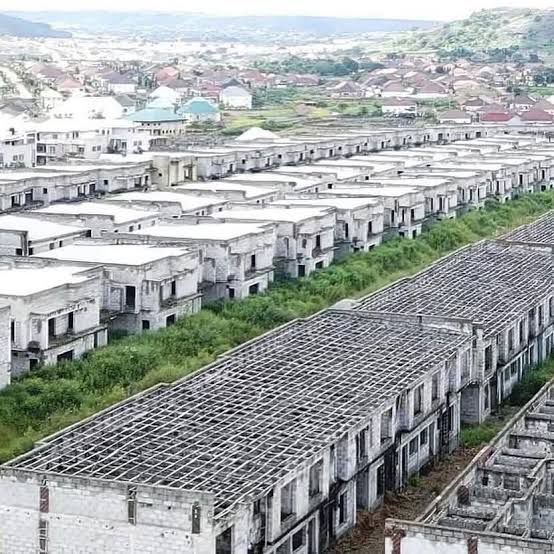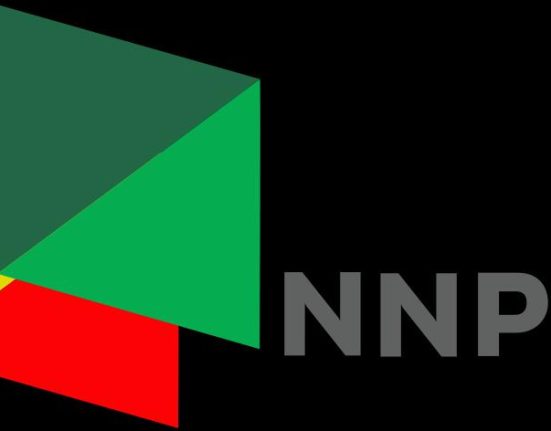The Federal Government has announced plans to dispose of a large residential estate in Abuja comprising 753 housing units, which were recently forfeited by former Central Bank Governor, Godwin Emefiele, who is facing trial over several financial misconduct allegations.
The Ministry of Housing and Urban Development took official possession of the estate following a handover from the Economic and Financial Crimes Commission (EFCC) at its headquarters in Mabushi, Abuja.
In a press release signed by the ministry’s Director of Press and Public Relations, Salisu Haiba, Minister Ahmed Dangiwa described the event as a critical step in ensuring that recovered assets are repurposed to serve national interests. “This development reflects our shared commitment to ensuring that such assets are used to improve the lives of Nigerians,” he said.
According to Dangiwa, the estate, located in Lokogoma District on Plot 109 of Cadastral Zone C09, will undergo thorough structural assessments before being made available for public purchase. He emphasized that the sales process will be transparent and fair, featuring a nationwide call for expressions of interest through the Renewed Hope Housing Portal.
Dangiwa praised the EFCC’s work in recovering the property, acknowledging the Commission’s vital role in tackling corruption and ensuring public accountability. He noted that this particular estate represents one of the largest single-asset recoveries since the EFCC was established in 2003.
During the handover, EFCC Chairman Ola Olukoyede reiterated the Commission’s commitment to transparency in asset recovery. “This is proof that looted funds and properties will not just disappear; they will be redirected to serve public interest,” he said.
The forfeiture was confirmed by Justice Jude Onwuegbuzie of the Federal Capital Territory High Court, who ruled that the property had likely been acquired through unlawful means. The court had earlier granted an interim forfeiture order in November 2024 before delivering its final judgment.
Legal backing for the forfeiture stemmed from the Advance Fee Fraud Act and Section 44 of Nigeria’s Constitution, which allows the government to seize assets not justified by legal income sources.
The EFCC emphasized that asset recovery remains a cornerstone in its fight against economic crimes, aimed at disincentivizing corrupt practices and returning value to the public.








